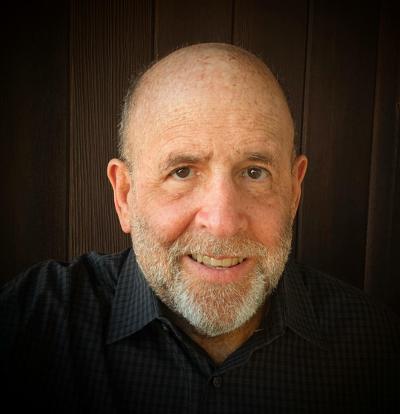
By Andrew Malekoff
U.S. Rep. Marjorie Taylor Greene declared, “We need to be the party of nationalism and I’m a Christian, and I say it proudly, we should be Christian nationalists.”
Faithful America, a Christian group dedicated to advancing social justice, gathered more than 15,000 signatures condemning U.S. Rep. Greene’s embrace of Christian nationalism as a prime concern for the Republican Party.
“The church is supposed to direct the government, the government is not supposed to direct the church,” avowed Rep. Lauren Boebert at Cornerstone Christian Center, a church nearby Aspen, Colo. “I’m tired of this separation of church and state junk.”
The governing board of the National Council of Churches condemned the teachings of the Christian nationalist movement and welcomes people of all faiths who are devoted to the common good.
I know little about Christian nationalism and thought it was time to learn more. What I do know, is that opposition to Christian nationalism is neither opposition to Christianity nor anathema to American patriotism.
The Pew Research Center conducted a survey in October 2022. They asked 2,540 respondents about Christian nationalism. They found that most Americans know little about it.
What Pew did find was that “declaring the United States a Christian nation and ending federal enforcement of the separation of church and state are minority views among American adults.”
In December 2022, the House of Representatives Oversight Subcommittee on Civil Rights and Civil Liberties held its final hearing on the threat of white nationalism.
Amanda Tyler, co-organizer of “Christians Against Christian Nationalism,” testified that “Christian nationalism is not patriotism, a healthy love of country.”
“The Christian nation myth,” continued Ms. Tyler, “must downplay or ignore the role of indigenous communities, Black Americans, immigrant populations, religious minorities, secular Americans, and all others who undercut the false narrative that the U.S. is special because it was founded by and for White Christians.”
The thin line between Christian nationalism and white supremacy is troubling.
As former president of the NAACP Legal Defense Fund Sherrilyn Ifill points out, white supremacy is “used to manipulate elections, destroy public education, deny disaster relief, justify starving babies, poison communities, destroy empathy, deny the truth, steal land, has the power to turn people into murderers and is an existential threat to our democracy.”
Christian nationalism is comfortable with authoritarian control, states Andrew Whitehead, reporting for TIME magazine on Sept. 26, 2022. He adds that “that includes the threat and use of violence and where non-white and non-natural born citizens are viewed as unworthy of full participation in American civic life.”
Increasingly, Americans who identify as Christian nationalists, driven by fear and the sense that Christians are victims of persecution, believe “they need to prepare to fight, physically, to preserve America’s identity, an argument that played into the January 6 riot,” explains Paul D. Miller in the Feb. 3, 2021 edition of “Christianity Today” magazine.
Katherine Stewart, who has reported on the Christian right for more than a decade, said of Christian nationalism, “theocracy is really not the end point. It’s sort of a means to an end, which is authoritarianism, [which is] the point of the plan.”
The Pew survey asked respondents: “In your own words, what does the phrase ‘Christian nationalism’ mean to you?” Following are responses that offer a snapshot of people’s level of understanding.
‘Using Christian beliefs and morals to guide political decisions’…’Bringing back the faith in God’…’Turning the country into a Christian and White society only’…’White supremacists and male superiority’…’Laws and all aspects of life be guided by biblical interpretation’…’It is a euphemism for racism and antisemitic fascism’…’a polite term for a Nazi sympathizer’.
Do we need to better understand Christian nationalism? In her House Committee testimony Amanda Tyler argued that we must.
“Understanding the political ideology and cultural framework of Christian nationalism is imperative,” Tyler said, “to both dismantling white supremacy and preserving religious freedom for all. Our belonging in American society must never depend on how we worship, what we believe or how we identify religiously.”
Hear, hear!






